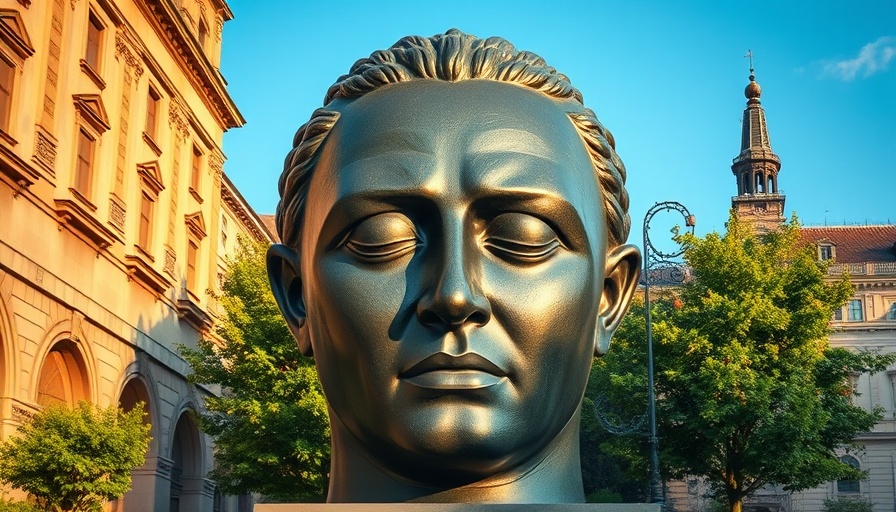
Cinematic Parallels: Airplane! and Zero Hour
Examining Airplane! (1980) directed by Jim Abrahams and the Zucker brothers alongside Zero Hour! (1957) reveals a striking contrast in storytelling despite their shared premise. Both films follow ex-pilot Ted Stryker, played by Dana Andrews in the original and Robert Hays in the iconic spoof. They recount the harrowing plight of passengers aboard a flight plagued by illness, and each Ted must confront his personal demons to land the plane safely. Yet, while Zero Hour! attempts grounded drama with its serious tone, it ultimately loses its footing, rendering itself a potential laughingstock.
The Charm of Satire
It's fascinating how Airplane! takes the basic elements of Zero Hour! and elevates them through humor, creating a standout comedy. The original film's earnestness falls flat thanks to predictably melodramatic dialogue and improbable scenarios, whereas Airplane! thrives on irony and slapstick. Leslie Nielsen's portrayal of Dr. Rumack adds a layer of absurdity that leaves audiences laughing rather than feeling tense. Through clever gags and parodic elements, Airplane! keeps viewers engaged even during the more ridiculous moments, ensuring it remains a classic.
A Reflection on Genre
These films are prime examples of how the same story can be told in dramatically different ways, revealing the importance of tone in filmmaking. While Zero Hour! offers a serious take on aviation drama, its shortcomings suggest that not every dramatic endeavor translates well to the screen. Airplane!, on the other hand, highlights the power of parody and how comedy can both entertain and critique its source material. This evolution in storytelling is notable in the landscapes of film and offers lessons on how creative approaches can alter audience perceptions.
Why You Should Watch
If you're in the Boston area, don’t miss the chance to see Airplane! on the big screen at Somerville for a trip down memory lane, punctuated by laughter and nostalgia. The legacy of these films remains significant, showcasing the evolution of genre and the art of storytelling in cinema.
 Add Row
Add Row  Add
Add 




Write A Comment